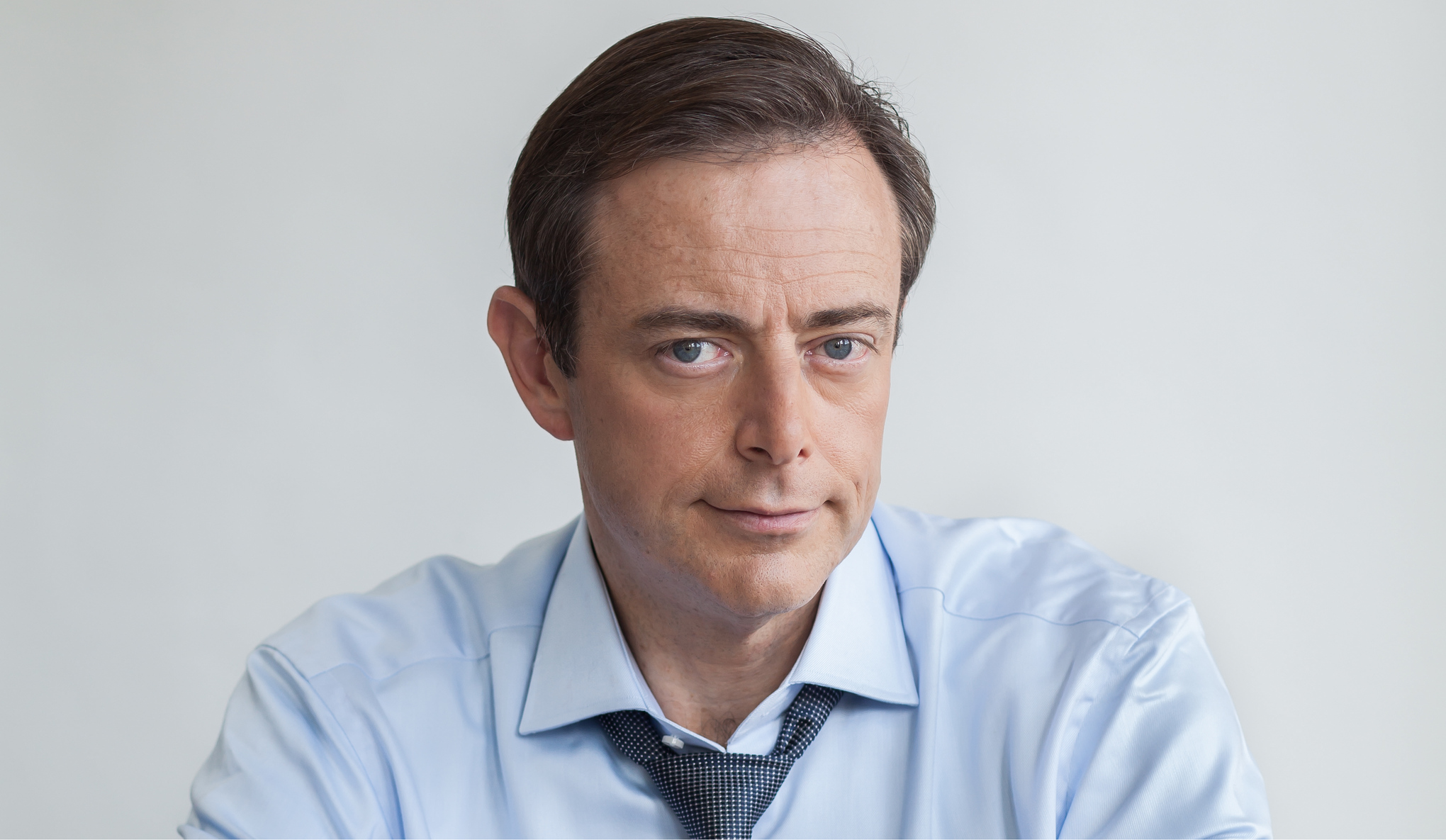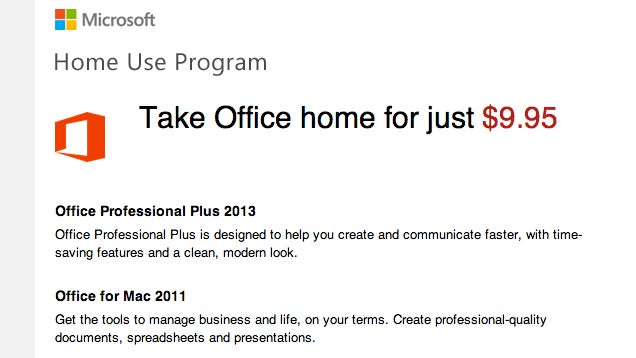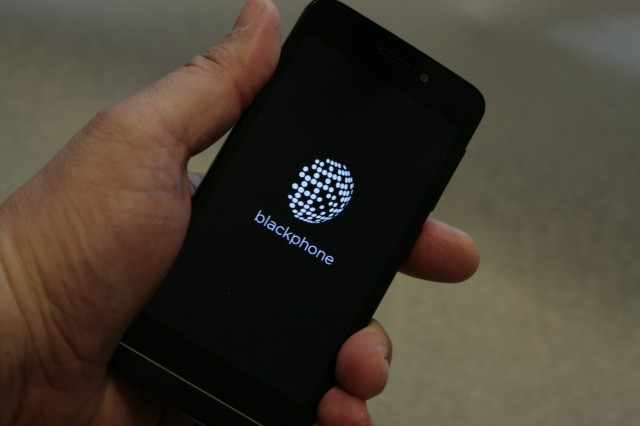
Over the past few decades, doctors have arrived at a counterintuitive hypothesis about our modern, ultra-sanitized world. Too much cleanliness may be causing us to develop allergies, asthma, inflammatory bowel diseases, and other autoimmune disorders.
The idea is that for many children in the wealthy world, a lack of exposure to bacteria, viruses, and allergens prevents the normal development of the immune system, ultimately increasing the chance of disorders within this system down the road. This is called the hygiene hypothesis.
"A child's immune system needs education, just like any other growing organ in the human body," says Erika von Mutius, a pediatric allergist at the University of Munich and one of the first doctors to research the idea. "The hygiene hypothesis suggests that early life exposure to microbes helps in the education of an infant's developing immune system." Without this education, your immune system may be more prone to attacking the wrong target — in the case of autoimmune diseases, yourself.
It's still a matter of active debate among scientists, but evidence for the idea has been slowly accumulating over time, both in humans and animal subjects. It's been cited as an explanation for why allergy and asthma rates are so much higher in wealthy countries, and most recently, a study published last year found that babies who grow up in houses with higher levels of certain bacteria — carried on cockroach, mouse, and cat dander — are less likely to develop wheezing and asthma by the age of three.
How could this kind of filth possibly make us healthier? Here's an explanation of the hygiene hypothesis.
How doctors got the idea that dirt could make us healthy
(REMY GABALDA/AFP/Getty Images)
Obviously, the basic sanitary practices we've developed as a society over the past few centuries — such as building infrastructure to remove garbage and sewage from cities — have provided all sorts of benefits. They're a huge part of the reason so few Americans get infectious diseases like cholera or typhoid nowadays.
But researchers have found that a few specific autoimmune diseases — asthma, hay fever, inflammatory bowel diseases, and various allergies — have become much more common as we've become more sanitary, and are much more prevalent in the wealthy world than the developing one.
In the late 1980s, when studying childhood allergies in East and West Germany, British epidemiologist David Strachan began to suspect there was a connection. In the dirtier, more polluted, less wealthy cities of East Germany, he found, children had much lower rates of hay fever and asthma than in the cleaner, richer cities of West Germany.
To explain this, he looked at all sorts of lifestyle differences — and found that West German children were much less likely to spend time in day care centers, around other kids, than East German children. He proposed that their reduced exposure to bacteria and other antigens, normally acquired from other children, somehow affected their immune systems, leading to their increased chance of developing the autoimmune diseases.
The evidence for the hygiene hypothesis
Children who grow up on farms have lower rates of allergies. (John Moore/Getty Images)
In the decades since, all sorts of epidemiological evidence has been collected that supports Strachan's idea. He initially found that in Britain, children who grew up in larger families also had lower chances of developing asthma and hay fever, presumably because they were exposed to more bacteria from their siblings.
Other doctors have found that, on the whole, people in wealthy, more heavily sanitized nations have much higher rates of asthma and allergies than those in the developing world. This could be a function of natural variations among the populations, but more recently, doctors have found that people who move from a developing country to a wealthier one have a higher chance of developing these diseases than people who stay in their country of origin.
Even within a developing country like Ghana, wealthy urban children have higher rates of these autoimmune diseases than poorer or rural children. In the wealthy world, adults who clean their houses with antibacterial sprays have higher asthma rates, and people who are more often exposed to triclosan (the active ingredient in antibacterial soap) have higher rates of allergies and hay fever. Kids who grow up on farms or have pets, meanwhile, have lower rates of allergies and asthma.
These are all correlations — not causations — but they suggest that something about the relatively clean, modern urban environment makes these autoimmune diseases more likely to develop. And the handful of controlled studies conducted on the topic have provided further support — such as one, conducted recently in Uganda, in which babies born to mothers who were given drugs to treat parasitic worm infections during pregnancy ended up having higher rates of eczema and asthma.
Controlled studies with animals have also provided compelling evidence for the idea. "In experimental studies with germ-free mice raised in a sterile environment, researchers have found they're extremely prone to developing colitis and asthma, among many other problems," von Mutius says. But interestingly, if during childhood, these ultra-sanitized mice are inoculated with the stomach bacteria present in normal mice, they no longer have an increased autoimmune disease risk. Somehow, not being exposed to bacteria during childhood seems to increase the risk of autoimmune diseases, for both mice and humans.
How bacteria might prevent disease
A human T cell, shown under a microscope. (NAID)
Increased evidence for the hygiene hypothesis has come as scientists in general have awakened to the importance of "good" bacteria in our bodies in general. The particular species living inside your body — collectively called the microbiome — may be involved in preventing obesity, diabetes, and perhaps even depression.
Scientists have proposed several different mechanisms for how limited exposure to bacteria could lead autoimmune disorders to develop in particular. The most likely one, at the moment, involves specialized cells that are part of your immune system called T cells.
As part of the same mouse experiments, scientists found that the bacteria-free mice had exceptionally high numbers of these cells present in their stomachs and lungs. Normally, T cells serve a number of roles in the immune system — among other things, they recognize and eliminate harmful viruses and bacteria — but in some cases, certain types of T cells have previously been found to play a role in the development of colitis and asthma in mice. That seemed to be the case in the disease-stricken, ultra-clean mice as well — because when the scientists dosed them with a chemical that deactivated these T cells, they no longer developed the autoimmune diseases at such high rates.
If the same mechanism exists in humans, it would help explain all these epidemiological findings about autoimmune diseases — and strongly support the hygiene hypothesis.
But why would abnormal T cell behavior occur in the absence of bacteria? One theory, called the "Old Friends" hypothesis, is that our immune systems as a whole evolved in the presence of bacteria, viruses, and small animals that naturally inhabit our bodies.
We still don't fully understand how the immune system develops as we grow up, but the idea is that this exposure is actually necessary for it to develop properly. Without being regularly exposed to bacteria, it can't learn to properly recognize the few harmful invaders that need to be eliminated. As a result, autoimmune diseases — in which the immune system erroneously turns on our own bodies, effectively attacking ourselves — become more common.
But there's still some disagreement among scientists
(Media for Medical/UIG via Getty Images)
At the moment, the hygiene hypothesis is still a hypothesis: a working theory, subject to change.
One major caveat is that no scientists believe it can account for all cases of allergies and asthma. Autoimmune disorders have a clear genetic component, so interactions between a person's environment and genes contribute to rates of autoimmune diseases.
Additionally, there are some who believe that the theory can explain increases in some sorts of allergies, but not asthma, partly because asthma rates in the wealthy world didn't begin increasing until the 1980s, decades after present-day levels of sanitation were largely established. It's possible that there are varieties of asthma triggered by allergic reactions, and other types that aren't — and are actually exacerbated by exposure to dust and other less sanitary conditions.
Even regarding allergies, there are all sorts of other epidemiological questions that can't be answered by the hygiene hypothesis — such as why, in some European cities, the children of migrants from other countries have lower rates of allergies than other children, even though they basically live in the same conditions. Clearly, we're still in the early stages of understanding the development of the immune system, and don't fully know how bacteria exposure affects it.
Perhaps most importantly, all scientists agree that basic sanitary practices have brought us enormous benefits: they've saved millions of lives by cutting down on all sorts of infectious diseases, and are probably the most important health advances we've made as a species so far.
So the key is using research to figure out the proper balance of sanitation and bacteria exposure, in order to limit the spread of infectious diseases without prompting increases in autoimmune disorders.
So what does this mean for you?
(Getty Images)
None of this means that you should stop cleaning your house or washing yourself, or begin drinking potentially sewage-contaminated water.
For one, most of these findings involve bacteria exposure during childhood — not for adults. Additionally, most of the reduction in bacteria exposure we have in modern society comes from broader trends (like antibiotic overuse and sewage treatment plants) rather than personal choices.
So, at the moment, the practical applications of this research on a personal level are relatively limited. It might make you think twice before having your kid use antibiotic soap (which you really shouldn't be using anyway). More importantly, it provides some evidence that vaginal births and breastfeeding are important for the development of a healthy microbiome in infants.
But what's more important is how the hygiene hypothesis will guide doctors' thinking about the growth of autoimmune diseases. In the future, if scientists are able to better understand the mechanisms of the hygiene hypothesis at the cellular level, we might be able to figure out how to balance basic sanitation with bacteria exposure — and the right kind of exposure to prevent allergies, inflammatory bowel diseases, and asthma from developing.
Further reading



























